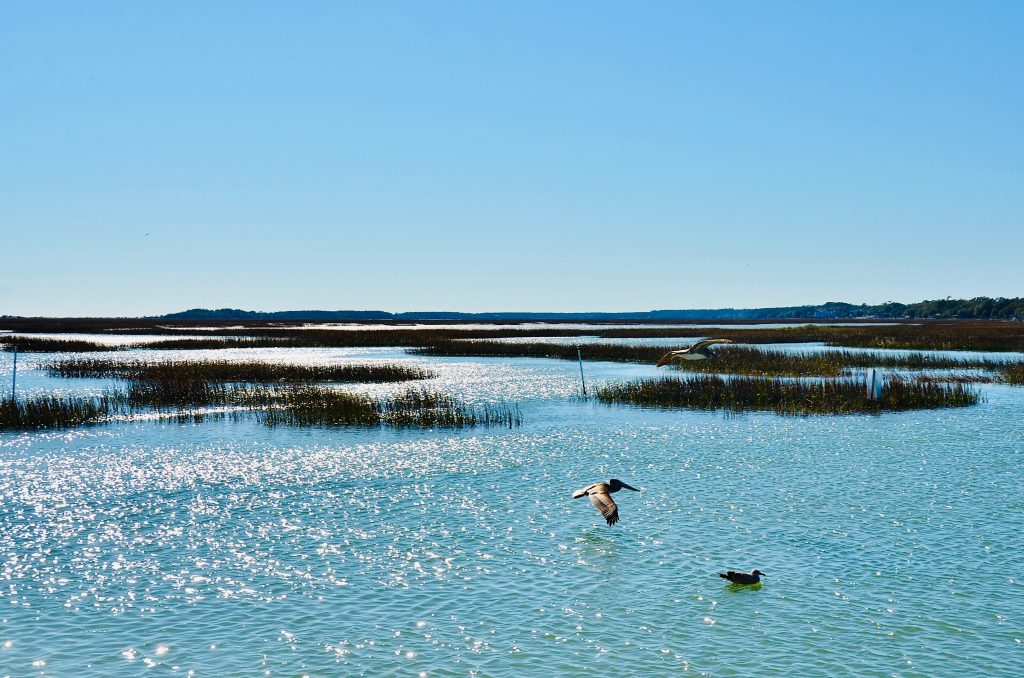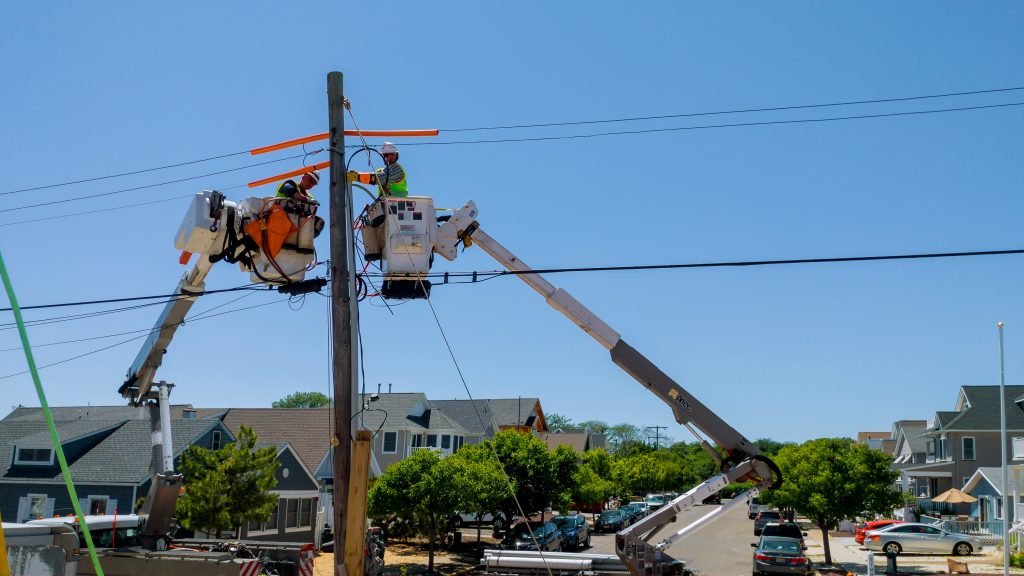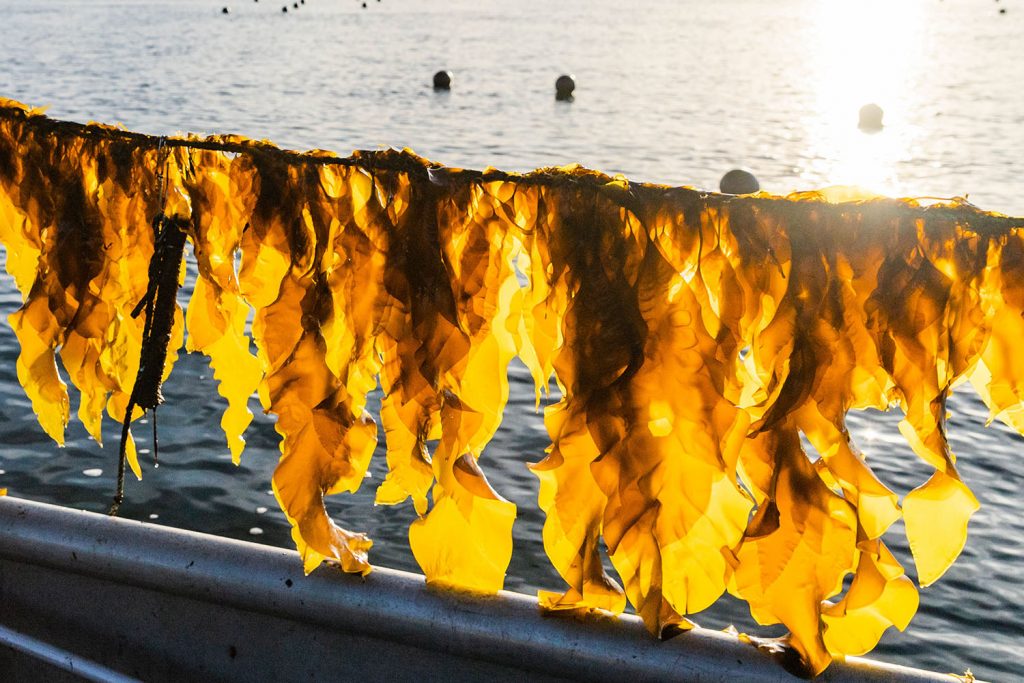Sustainability
Major Restoration and Improvements Planned for Bluff Point
The UConn-led NERR will apply the funds to significant improvements at the popular park, supporting habitat and restoration
February 23, 2026 | Matt Engelhardt
Researchers Launch Initiative to Improve Power Outage Predictions and Grid Resilience
Backed by a grant from the NSF, WISER was established in 2023 to apply the research and expertise at UAlbany and UConn to solve challenges related to energy systems
February 17, 2026 | Claire Galvin
Perspective: Blue Carbon Ecosystems and Coral Reefs, a Winning Combination for Preservation and Restoration
'Restoring blue carbon ecosystems is far more than just carbon storage, it can also help bring coral reefs back to life'
February 9, 2026 | Elaina Hancock
Study Highlights Food Sustainability Initiatives in CT Schools
The study found that 98% of schools reported sometimes or always purchasing local produce, while 91% purchase local dairy
February 5, 2026 | Anna Zarra Aldrich, College of Agriculture, Health and Natural Resources
New Line of Bovine Embryonic Stem Cells Shows Promise for Lab-Grown Meat, Biomedical Applications
Among the first labs in the world to develop bovine embryonic stem cells before, the UConn team’s work has distinct advantages
February 4, 2026 | Anna Zarra Aldrich, College of Agriculture, Health and Natural Resources
Building Energy Resilience by Understanding Nuances of Power Outages Across the US
UConn research gives insights into regional weather differences that complicate grid resilience
February 2, 2026 | Elaina Hancock
Making a Difference, from the Classroom to the Community
To date, UConn E-Corps students have completed 237 projects in 70 Connecticut towns
January 29, 2026 | Elaina Hancock
Manganese Helps Reduce Agricultural Nitrogen Pollution in Air, Water
Until this study, no research had directly tested how manganese affects nitrogen cycling under agronomically relevant conditions
January 26, 2026 | Anna Zarra Aldrich, College of Agriculture, Health and Natural Resources
Perfect Storms: UConn Research Team Shining Light on Extreme Weather Preparedness in Connecticut
Aging volunteers, limited resources, and 'everything's fine' thinking make for potentially serious problems in the face of disasters
January 12, 2026 | Jaclyn Severance
Seaweed Farms: Dynamic Blue Carbon Systems
Despite common assumptions, seaweed farms really shine at removing and storing CO2
January 9, 2026 | Elaina Hancock









